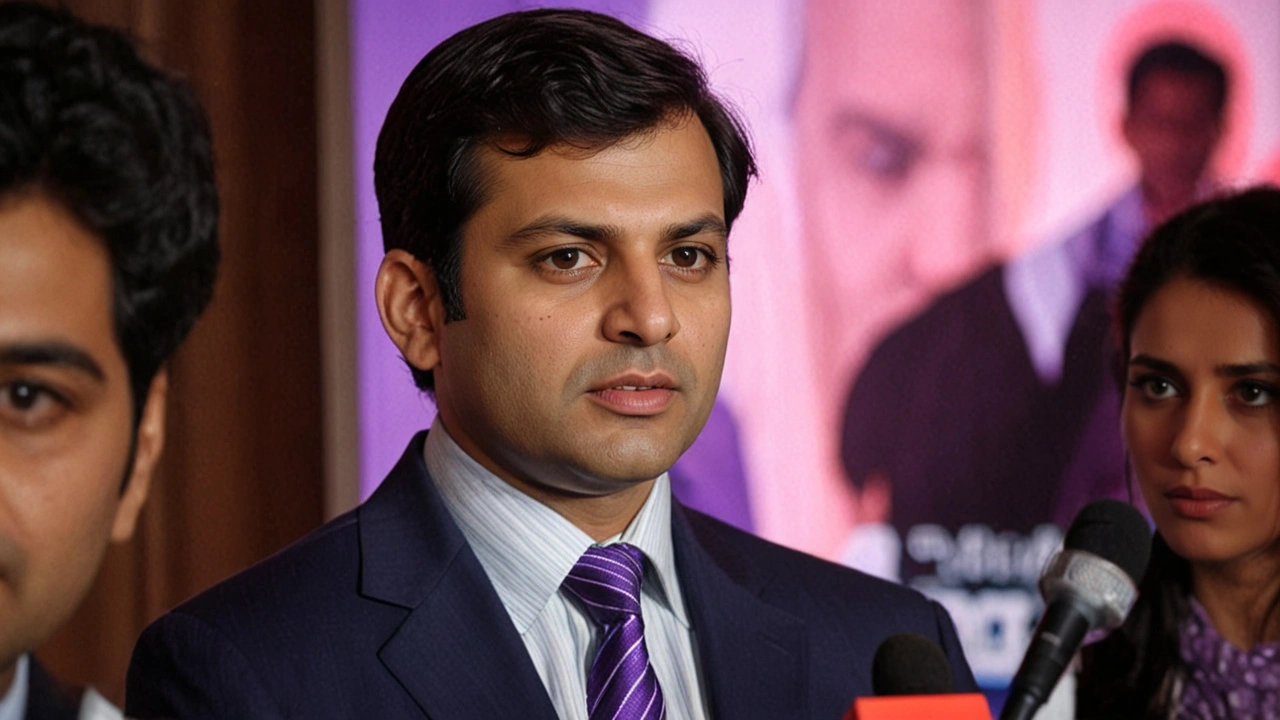Kenyan Court Ruling: Compensation for Widow of Slain Journalist
In a landmark ruling, the Kenyan High Court has sentenced the government to pay Ksh10 million (about $78,000) to Javeria Siddique, the widow of the Pakistani journalist Arshad Sharif, who was fatally shot by a police officer in 2022. The court found the incident to be arbitrary, unconstitutional, and a blatant violation of multiple human rights, including the right to life, equality before the law, and human dignity.
Details of the Case
The tragic event took place in Kajiado County's Tinga area, where Arshad Sharif met a sudden and violent end. Fleeing from what he believed were threats of arrest back in Pakistan due to his criticisms of the military rulers, Sharif sought refuge in Kenya in July 2022. But on that fateful day, a police officer mistook him for a wanted suspect and shot him dead. That moment marked the cessation of a 46-year-old journalist's life journey, castigating both his aspirations and family into unimaginable hardships.
Judge’s Rationale
High Court Judge Stella Mutuku emphasized several key points in her ruling. She pronounced that Sharif’s right to life, which is sacrosanct unless justified by the law, had been violated unjustly. Expanding further, she noted that the act was not only a violation of Sharif's right to life but also an affront to his dignity and the protection accorded to every individual under the constitution. Judge Mutuku's determination was that no person should be arbitrarily deprived of their life, a decision that reverberates universally in human rights jurisprudence.
Suspension and Appeal
The judgment, though monumental, included a clause for suspension. The Kenyan government has been provided a 30-day window to appeal against the ruling before the compensation is to be processed. This pause injects a layer of complexity, as it has potential implications on both Siddique and the deceased’s family, who have already suffered prolonged agony.
Issues Raised by Siddique
Javeria Siddique, the bereaved widow, took legal steps by suing multiple authorities including the Attorney-General, Inspector General of Police, Director of Public Prosecutions, and the Independent Policing Oversight Authority. Her grievance stemmed from their alleged negligence and the unending delay in investigations. More poignant was the allegations that the family was kept in darkness about the proceedings and developments regarding Sharif's case. Judge Mutuku's declaration that Sharif was tortured added another layer of condemnation and complexity to this case of tragic proportions.
Inadequate Police Accountability
Perhaps one of the more alarming aspects of this case lies in the systemic issues it uncovered about police accountability and use of force. The court mandated that the investigations into Sharif's death be concluded swiftly, a declarative order that seeks to bring the responsible officers to justice. The judge’s verdict clearly outlined that police force should be a last resort, used only when absolutely necessary and lawful. This ruling attempts to send a strong message against the unwarranted use of lethal force by those trusted to uphold the law.
Historical Context and Repercussions
The tragic death of Arshad Sharif is not an isolated event but a manifestation of larger systemic issues affecting journalists worldwide. Sharif, having fled persecution in his homeland, was fatally betrayed by another country's law enforcement. The case echoes the sentiments of many journalists who face intimidations, threats, and sometimes, death due to their daring ventures to unveil uncomfortable truths. This ruling, despite its stark background, serves as a symbolic gesture towards acknowledging and addressing atrocities faced by journalists and the importance of upholding human rights universally.
The Wider Context of Journalistic Persecution
Journalism, an occupation meant to shed light on societal issues and herald transparency, has increasingly become a perilous pursuit. Arshad Sharif's journey, from seeking asylum to facing an untimely death, throws into sharp relief the perils faced by journalists globally. The ruling is a call to pay attention to the escalating threats journalists face and to instigate protective measures to ensure their safety.
The Road Ahead
As the ruling stands with a chance for an appeal, the widow and family of Arshad Sharif hold onto fragile hope for justice and closure. The double-edged sword of the 30-day suspension of payment could serve as a time for the state to potentially correct the systemic shortcomings or delay justice further. The world waits with bated breath as Kenya wrestles with its judicial conscience and administrative responsibilities.
The hope, as echoed by many, is that this ruling ignites a broader conversation around protections offered to journalists and accountability for their undue persecution. The eyes of the world are cast upon Kenya, a testament to the far-reaching implications of this seemingly isolated yet deeply symbolic case.










Write a comment